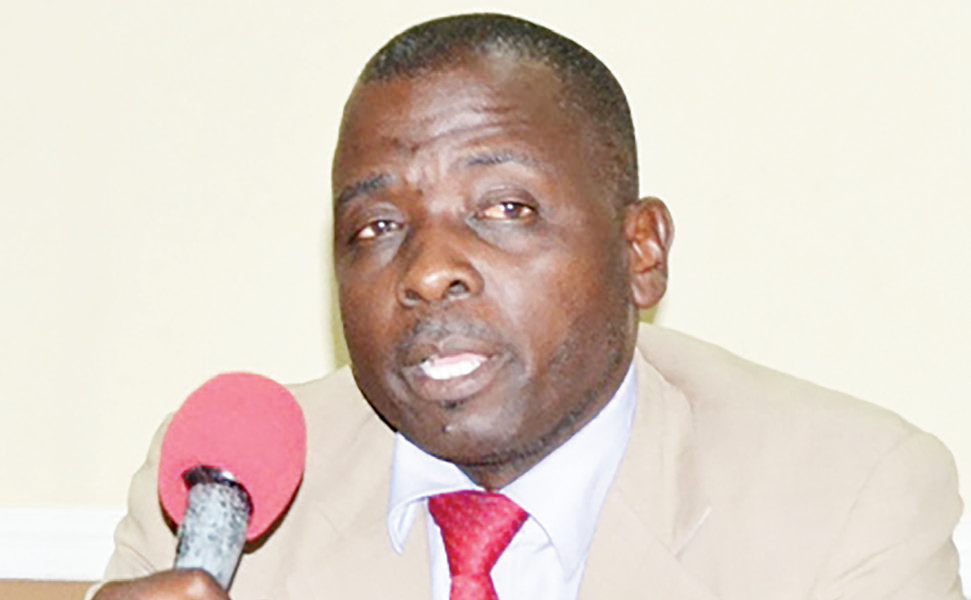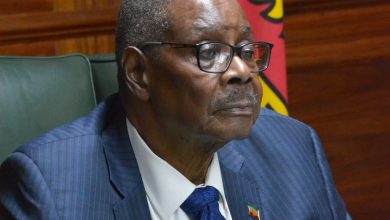Minimum wage policies constrained, says ILO
The International Labour Organisation (ILO) says the impact of minimum wage policies remains constrained by legal exclusions, high levels of informality and challenges in enforcement.
ILO said while statutory minimum wages serve as key tools to address low pay and wage inequality, thereby promoting social justice, between 1995 and 2022, the real value of minimum wages, averaged across low-income countries, including Malawi, fell by 44 per cent in real terms.

ILO director general Gilbert Houngbo observed that the promise of fair treatment, decent work and equal opportunity remains elusive as minimum wages that are too low and only sporadically adjusted are ineffective in reducing inequality.
In a statement accompanying the 2025 State of Social Justice assessment, he said social justice is the cornerstone of peaceful, inclusive and sustainable societies.
Said Houngbo: “The data are clear – incremental reforms will not suffice.
“We need bold, coordinated action, anchored in human rights, equal access to opportunities, fair distribution and fair transitions.”
The Minimum Wage Fixing Convention, 1970 (No. 131), specifies that minimum wage levels should take into account both the “needs of workers and their families” and “economic factors, including the requirements of economic development [and] levels of productivity”.
ILO data shows that in 2021, 90 percent of the 170 countries for which data exists had some kind of minimum wage system (ILO 2020), either statutory or negotiated in collective bargaining agreements.
While an estimated 57 million wage earners reside in countries without a statutory minimum wage, an additional 266 million are covered by minimum wage legislation yet earn less than the applicable minimum.
In Malawi, the International Monetary Fund (IMF) data shows that the country’s large informal sector, accounting for an estimated 40 percent of gorss domestic product, limits the tax base and makes revenue collection a major challenge.
According to the 2013 Malawi Labour Force Survey, 88.7 percent of the country’s labor force is in the informal sector. Of the informal businesses, 74 percent operate in rural areas, which involve excessive administration and compliance costs.
Ironically, Centre for Social Concern data shows that the average cost of living for an average family of six in urban and peri-urban areas now stands at K910 131 while the minimum wage is pegged at K120 000 per month.
This means that the minimum wage is only able to cover less than 20 percent of needs to survive in these areas.
Malawi Congress of Trade Unions president Charles Kumchenga observed that the cost of living does not correspond with incomes, a situation that needs government intervention.
“We demanded a 100 percent increase of national minimum wage, but unfortunately, government only gave us less than 50 percent and, as workers’ representatives, we are not happy,” he said.
However, Employers Consultative Association of Malawi had proposed that due to the unstable economy, government and other stakeholders should be reviewing the minimum wage annually rather than waiting for three years as stipulated in the Employment Act.





